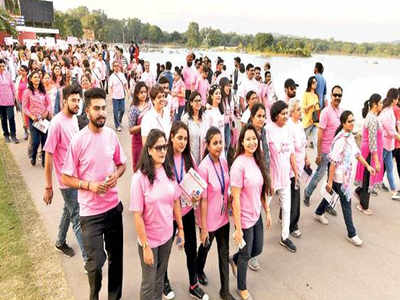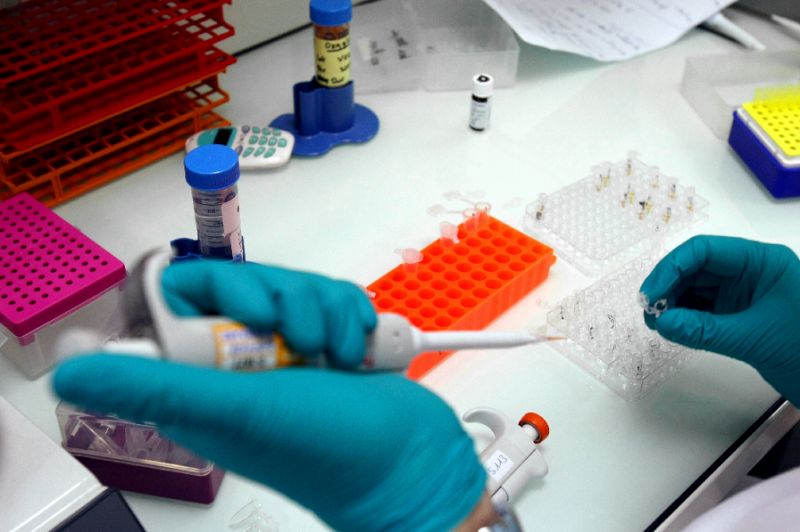New Delhi|Ekta
The theme for this year’s World Health Day is “Depression: Let’s Talk”.About 350 million people worldwide suffer from depression and five thousand people fighting in India from depression.
Depression is one of the most common psychiatric illness with the prevalence ranging from 10-20% globally as said by Dr. Dr Rakesh K Chadda, Professor & Head Department of Psychiatry, and Chief, National Drug Dependence Treatment Centre, AIIMS.
According to the National Mental Health Survey 2015-16 reports in India ONE IN TWENTY individuals suffer from depression at some point in their life. As with the global trends, depression was found to be higher in women as compared to men and common in elderly. Alarmingly, among adolescents suffering from mental health issues a significant number were found to be suffering from depression.
India are alarming as they suggest that the incidence of depression is rising amongst the younger age group , nuclear family stress of work load can be results into depression. Though social sites are playing role in spreading awareness among people on the other hand they have some point of negative impact too as Dr.Chadda said .
Symptoms
Sad mood, loss of interest in carrying out pleasurable activities and inability to carry out day-to-day activities that lasts for about two weeks.
• feeling tired and fatigued,
• change in appetite,
• difficulty in sleeping,
• pains and aches,
• decrease in sexual needs,
• feelings of anxiety and restlessness,
• difficulty making decisions,
• inability to concentrate,
• feelings of worthlessness, guilt and hopelessness,
• thoughts of self-harm or suicide.
•
Treatment
Recognize the early signs of depression and seek help. Depression can be treated successfully. It is important to seek professional help as early as possible. One need not visit a psychiatrist as even a primary care physician is trained to manage depression.
According to the most recent Global Burden of Disease study of 2013, depressive disorders are now the second largest contributor to the disability adjusted life years (DALYs), and are predicted to become the most disabling non-communicable disorder by 2020. Moreover, 80% of the disease burden is from low and middle income countries.
Depression is also associated with other medical conditions such as arthritis, hypertension, backache, diabetes and heart problems with a prevalence ranging from 65-70%.










